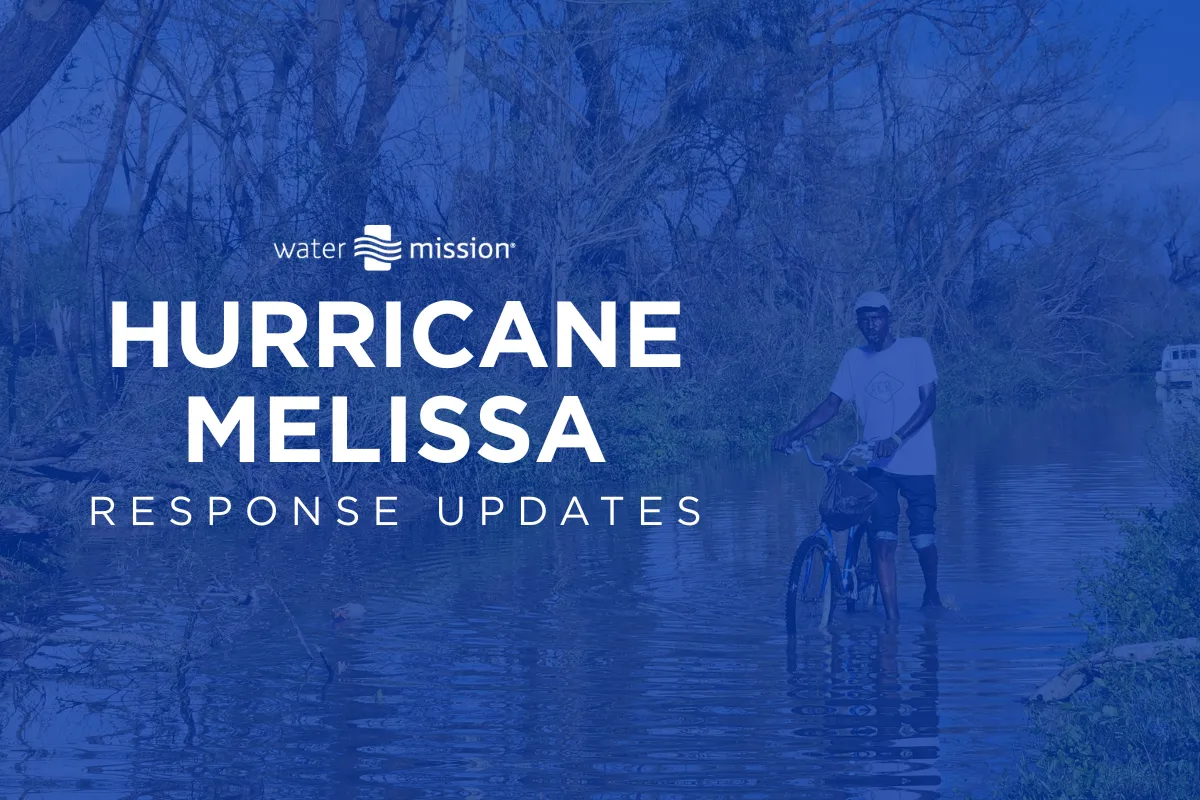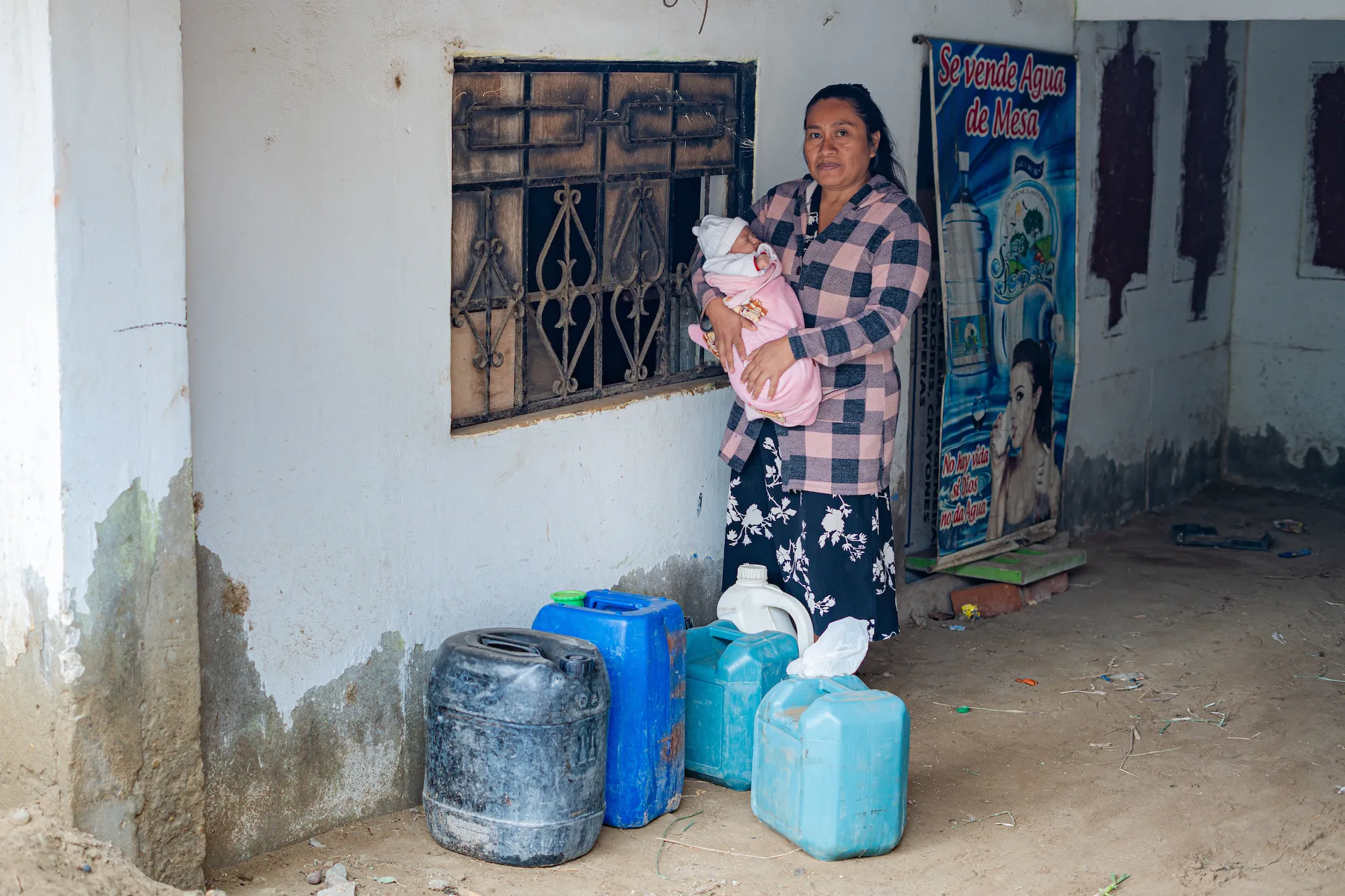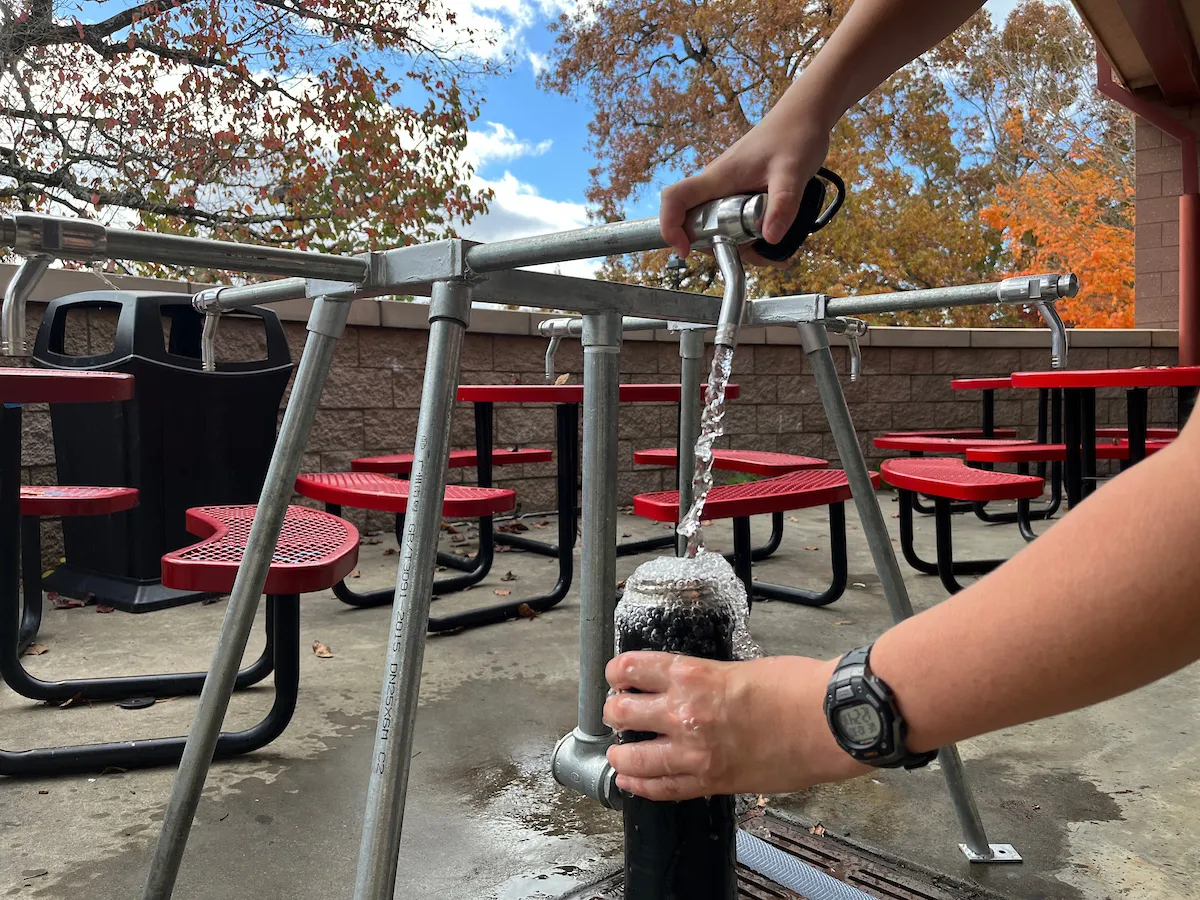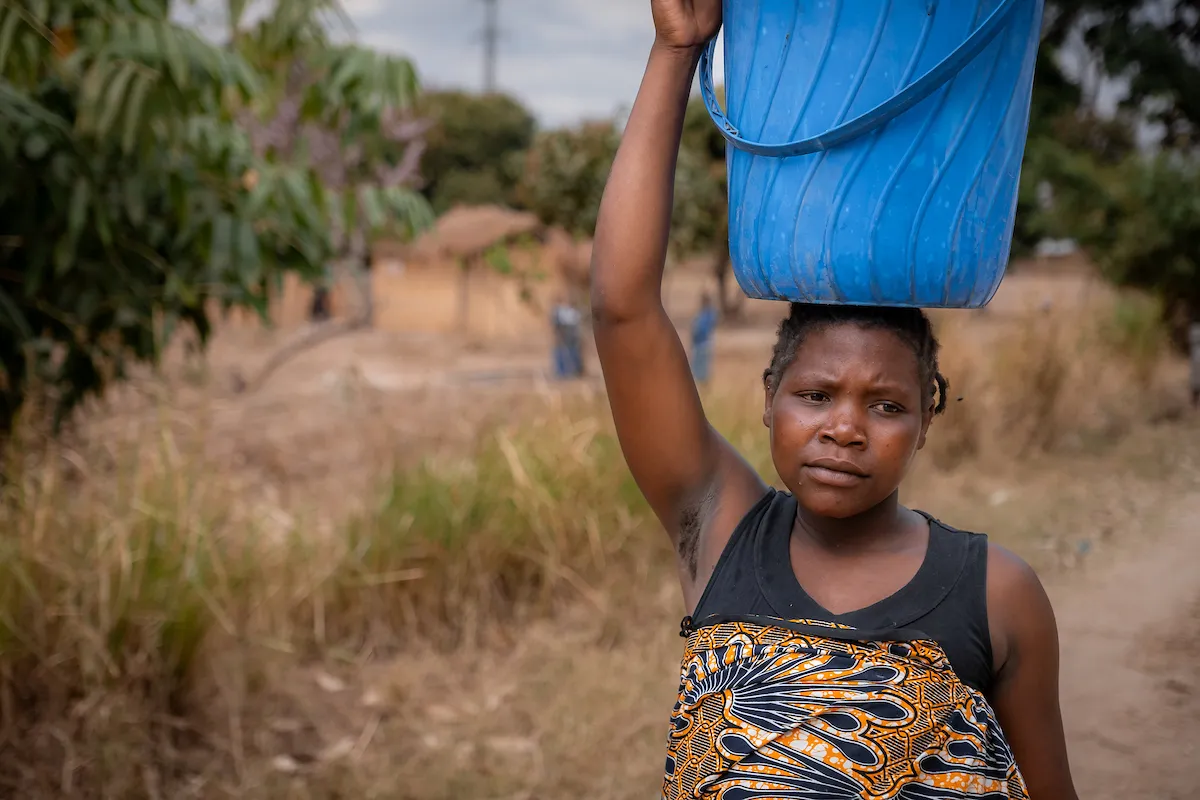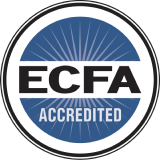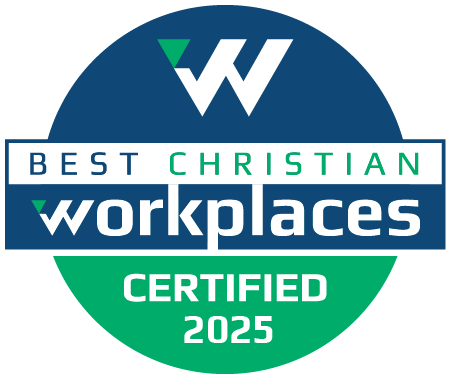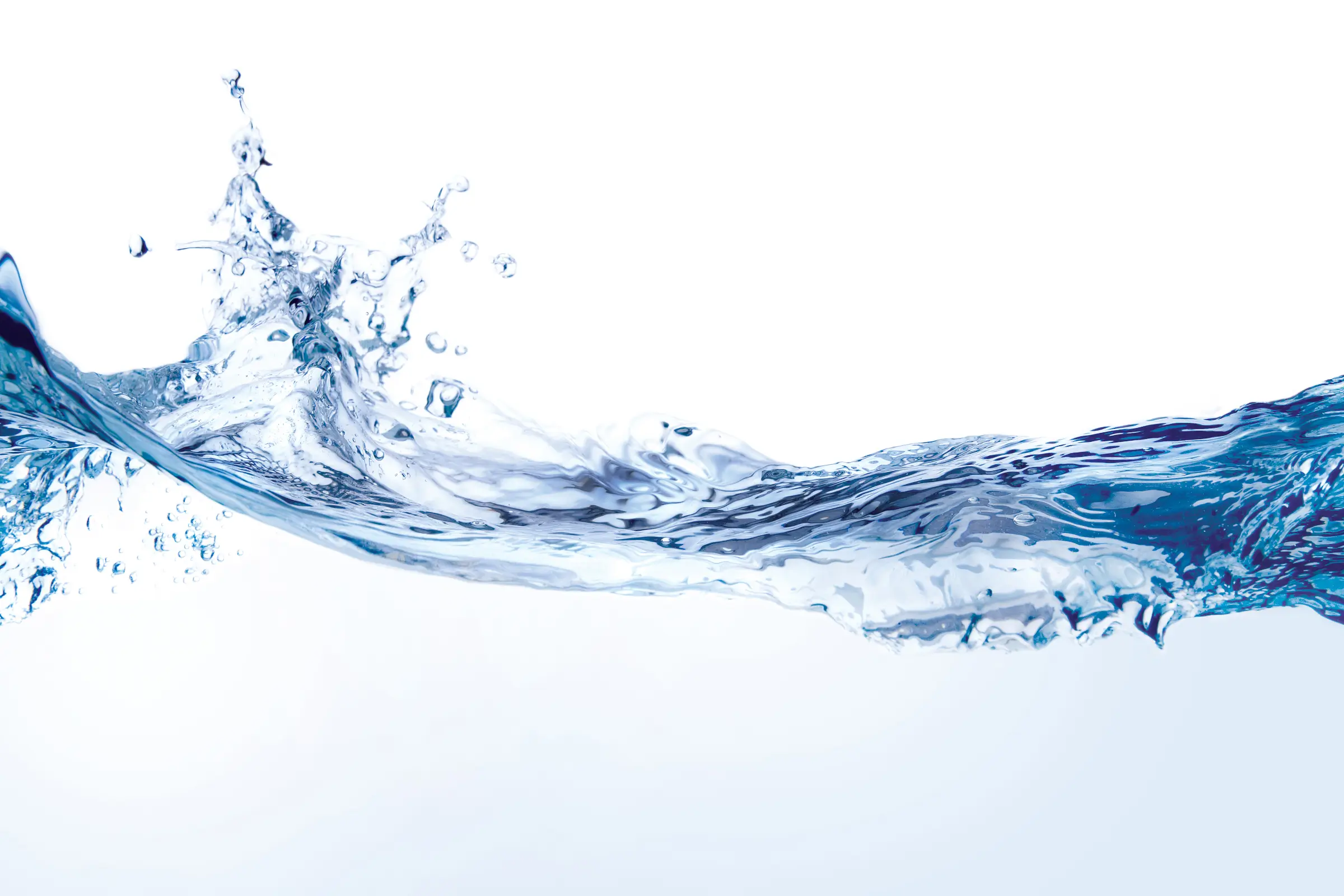Where the Mission Met the Mountains: Reflections on Hurricane Helene One Year Later
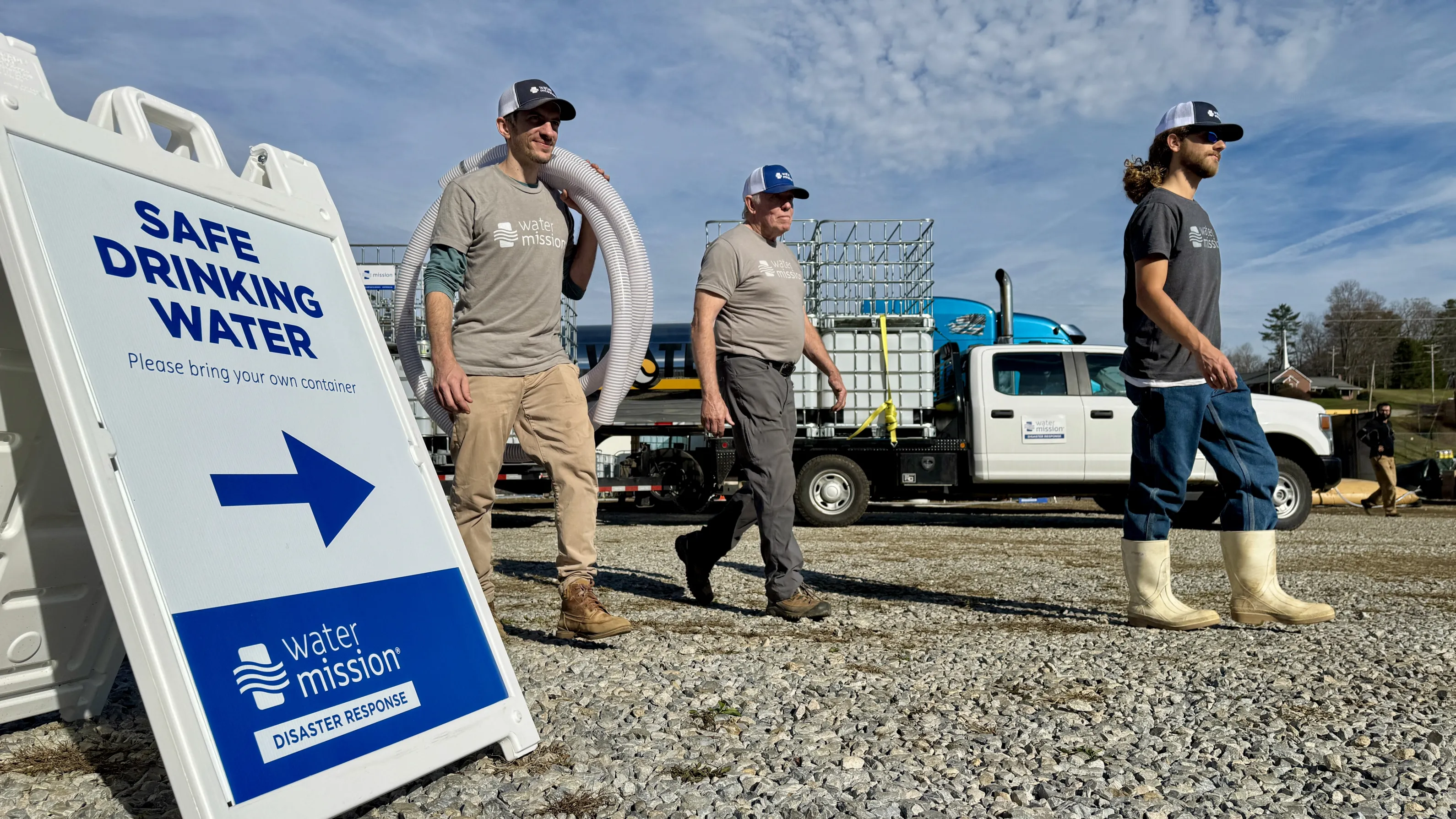
By Jonathan Fawcett, Marketing Manager
One year ago, on September 26, 2024, Hurricane Helene tore through the southeastern United States, leaving more than 2 million people without power or access to safe water. Water Mission’s disaster response team immediately responded in western North Carolina, providing more than 457,000 gallons of safe water and distributing 1,100 generators to people in need.
In this reflection, Water Mission Marketing Manager Jonathan Fawcett shares a firsthand account of the storm that wrecked his hometown and the surrounding areas, as well as stories he heard on the ground.
“Please hurry home. The storm is heading straight for us.”
One year ago, Hurricane Helene was barreling toward the mountains of western North Carolina, and the pressing tone in my wife’s voice filled me with urgency. I had been attending meetings at Water Mission’s global headquarters in North Charleston, South Carolina, but I couldn’t stay.
I’ve lived in North Carolina my entire life. I grew up near Asheville, graduated from college in Boone, and have raised my family in a small town between the two. These mountains—now in the crosshairs of Helene—have been my lifelong residence, and I found myself racing the storm home.
For several hours, not a drop of rain fell. Little did I know that I was driving on roads and bridges soon to collapse under the incoming torrent.
Moments before my arrival, the skies opened, and I returned to my family in a deluge that claimed the lives of over 200 people and washed entire bridges away, leaving several hundred people stranded.
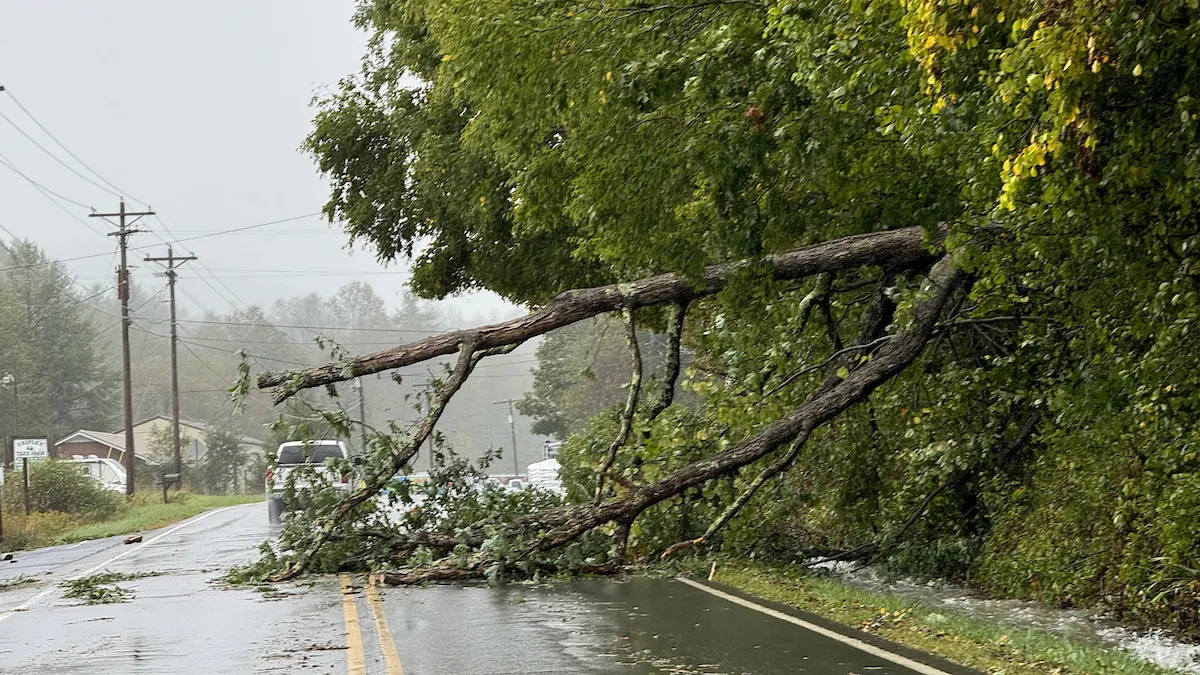
Hurricane Helene set a record for the worst flooding in North Carolina’s history and caused billions of dollars in estimated damages.
“I can’t get through. Everything is offline.”
After the storm, my wife and I tried to contact family members, but nothing was going through. Communications were down, making it nearly impossible to call, email, or text, adding to the uncertainty of our loved ones’ safety.
After checking on our neighbors and assessing the damage to our town, I finally established contact with Water Mission. On October 1, 2024, I connected with the disaster response team at First Presbyterian Church of Boone.
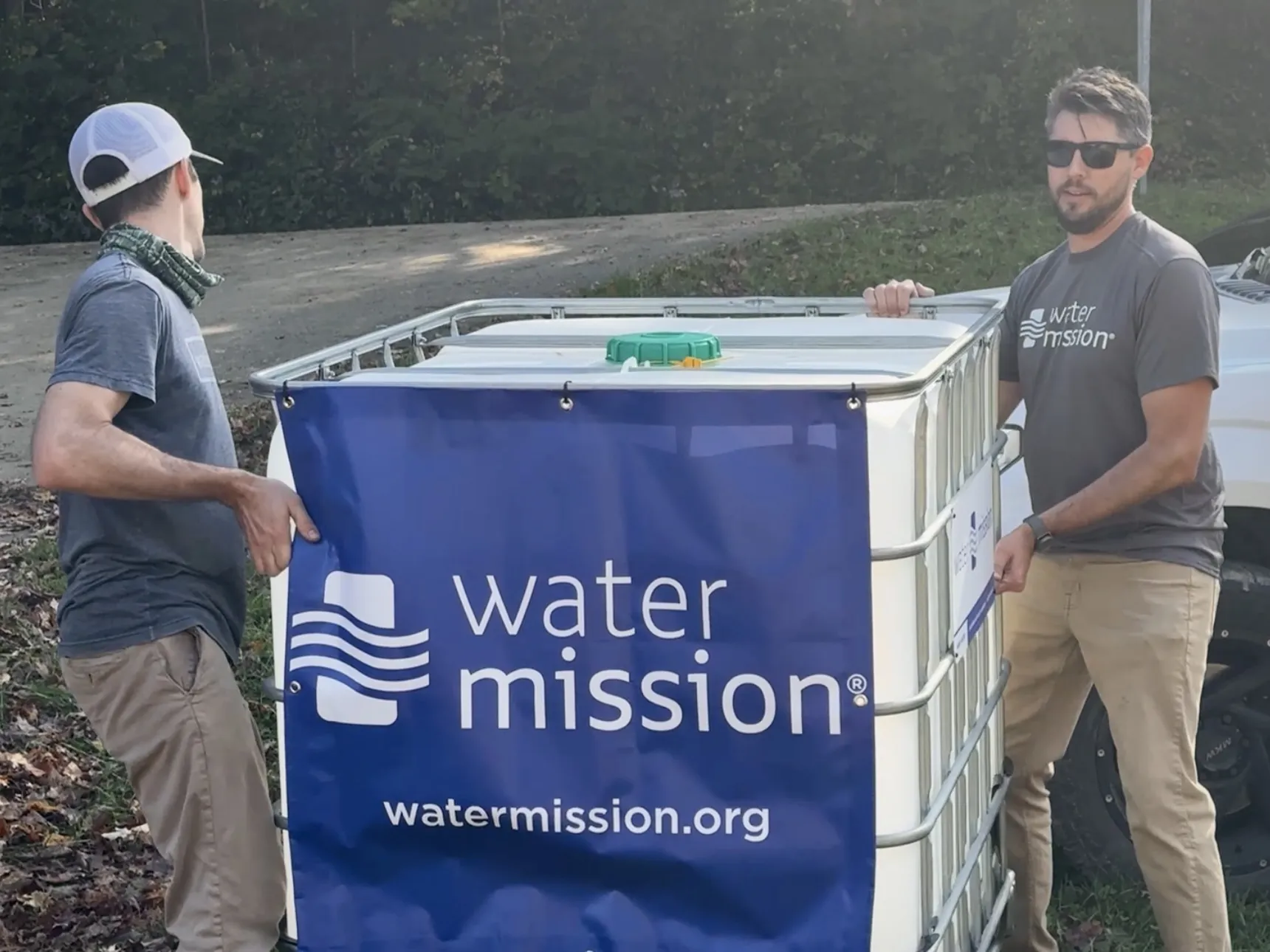
Jonathan Fawcett, Water Mission marketing manager, helps install a Living Water Treatment System, built to treat safe water for disaster survivors.
“What is the top priority after a disaster?”
I was asked this question several years ago. I’ve discovered that the answer isn’t food, clothing, or shelter. The top priority after a disaster is water—the most basic human need.
In post-Helene North Carolina, downed trees led to widespread power outages, shutting off access to the well water that so many people rely on in rural mountain communities. Water Mission was there to meet this need so that life could carry on.
“Is the river high today?”
Our team was setting up a safe water treatment system in Cove Creek—one of 19 installed between Asheville and Boone—when a woman with a duffel bag asked us this question. The question caught our team off guard, and it took us a moment to realize why she was asking about the water level. The bridge to her home was gone, and she was about to wade across to her house on the other side.
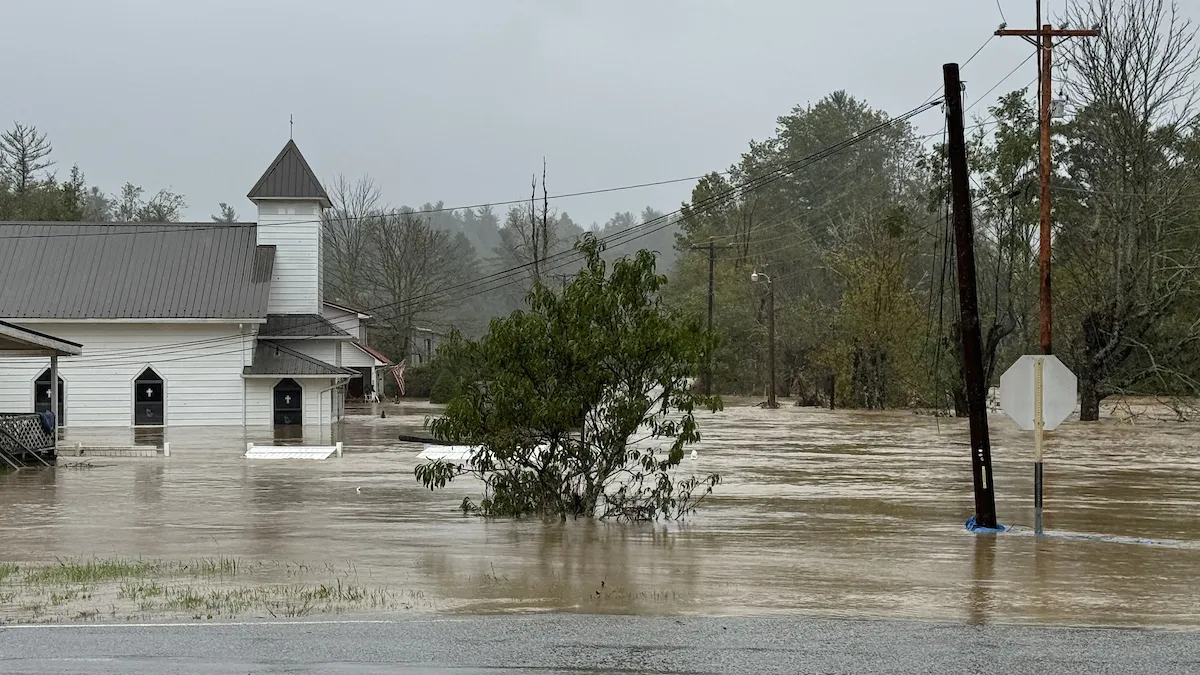
The storm tore through bridges, trapping people in their homes and making it difficult for them to leave in search of necessities like food and water.
This woman was just one of many who found themselves trapped by water, stranded on their own “islands.” Her method of travel was one that many people could not safely manage.
Despite these precarious means of transportation, the community flocked to the safe water system at Cove Creek each morning to collect water for their busy day—to bathe, cook, brush their teeth, flush their toilets, and stay hydrated. Water is necessary for life, no matter how hard it is to access.
“God has given me the strength to continue.”
I heard this from Antonio Hernandez, an unsung hero who kept Spruce Pine, North Carolina, humming. All the way from Texas, he drove a potable water truck around town for two months, delivering water to businesses, restaurants, schools, and churches. Antonio hooked up his truck to large bladders that were filled with safe, clean water using Water Mission’s reverse osmosis system.
My late father-in-law used to pastor a church in Spruce Pine, so I’m very familiar with the area, and I often wonder how establishments would have survived without Antonio and Water Mission’s teamwork.
“Someone else needs it more than I do.”
I heard that phrase a lot in the aftermath. Residents of the High Country—humble, hardworking, and ready to help their neighbors—can sometimes be the hardest people to help. For many locals, showing up open-handed at distribution centers was uncomfortable.
My encouragement to them was simple: You went through this storm, too.
There will be a time to be radical givers. But this was a time for them to be radical recipients. This mirrors the salvation we have in Jesus Christ. We can’t earn it, deserve it, or work for it. We are saved by grace—a free, unmerited gift to be radically received open-handed.
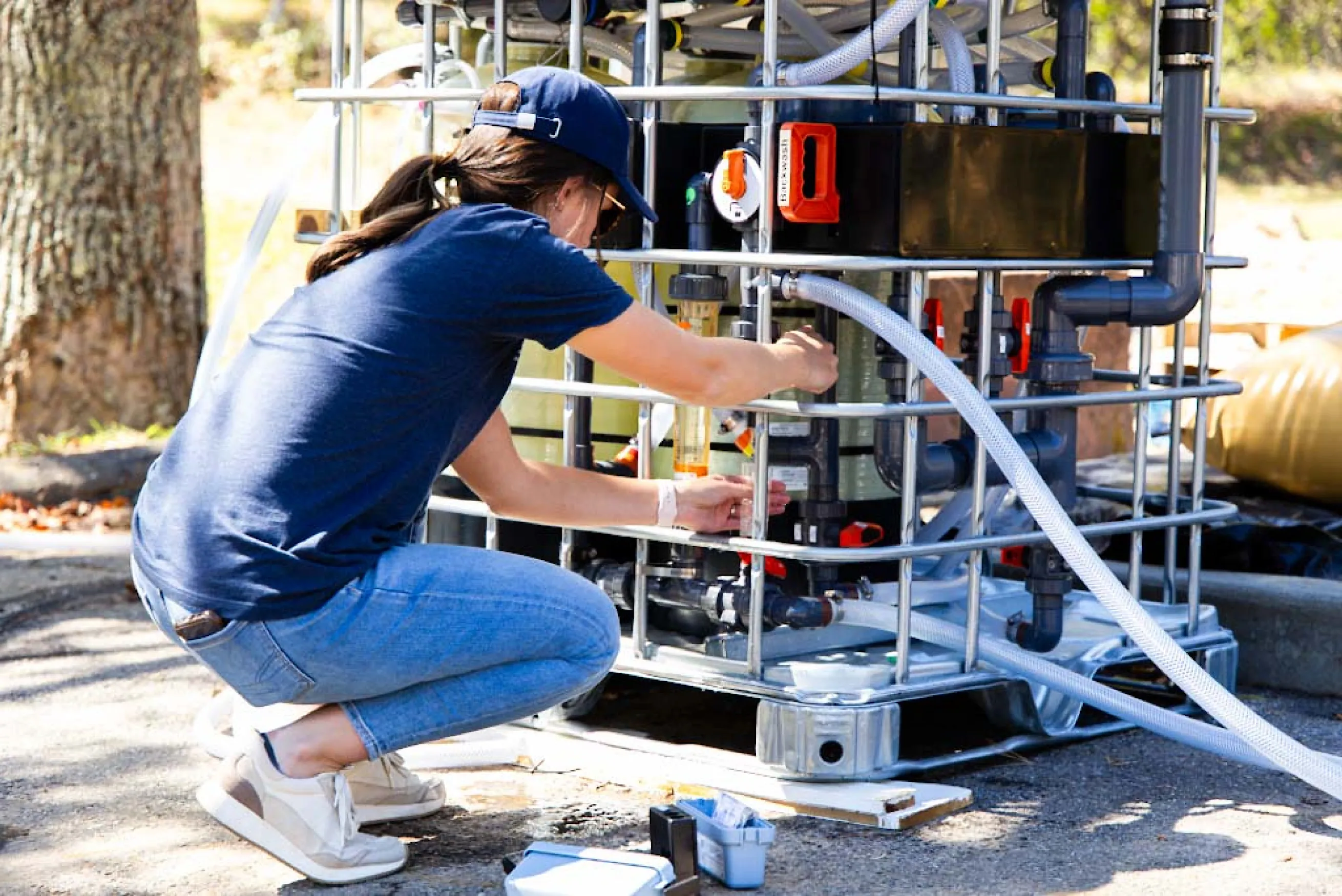
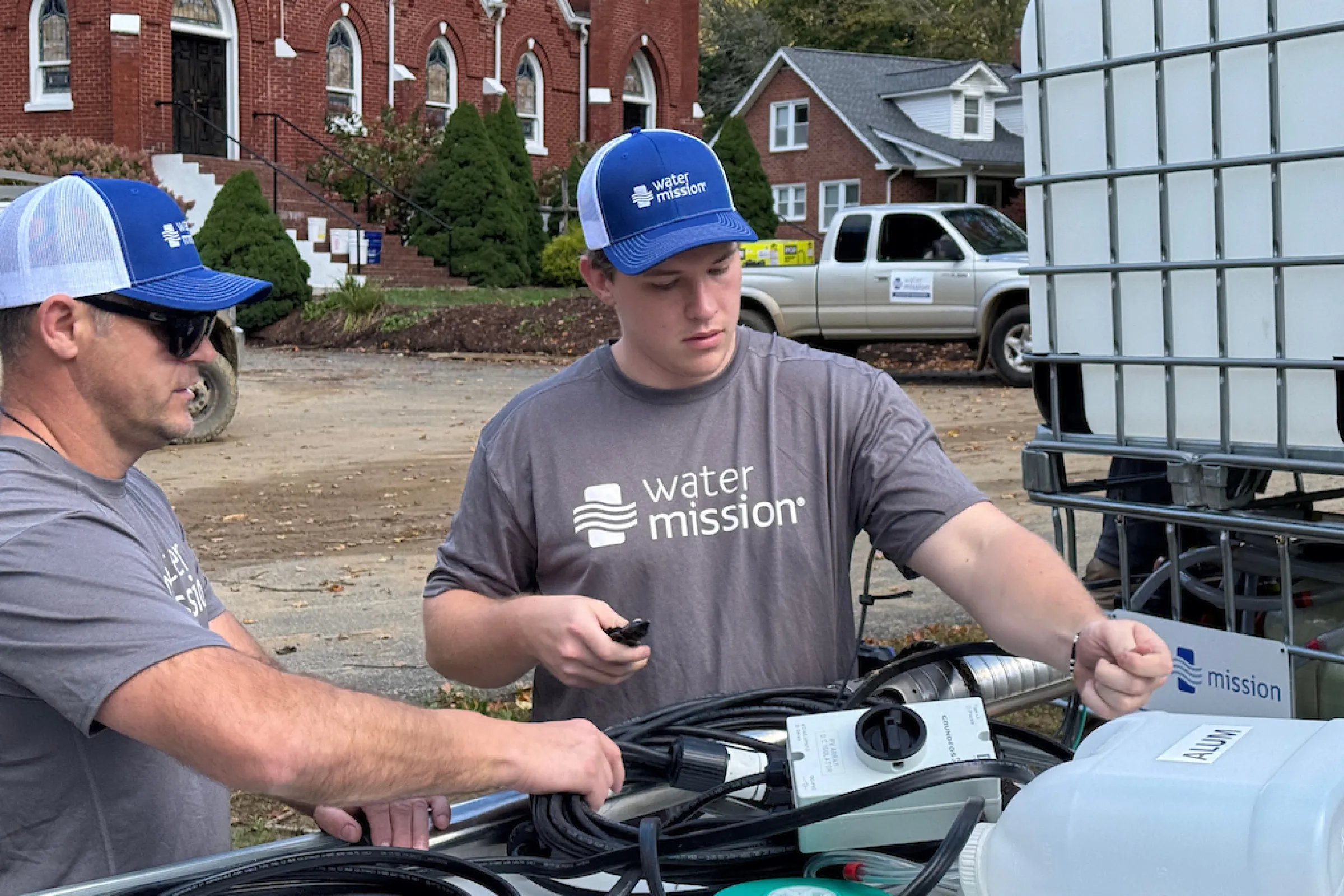
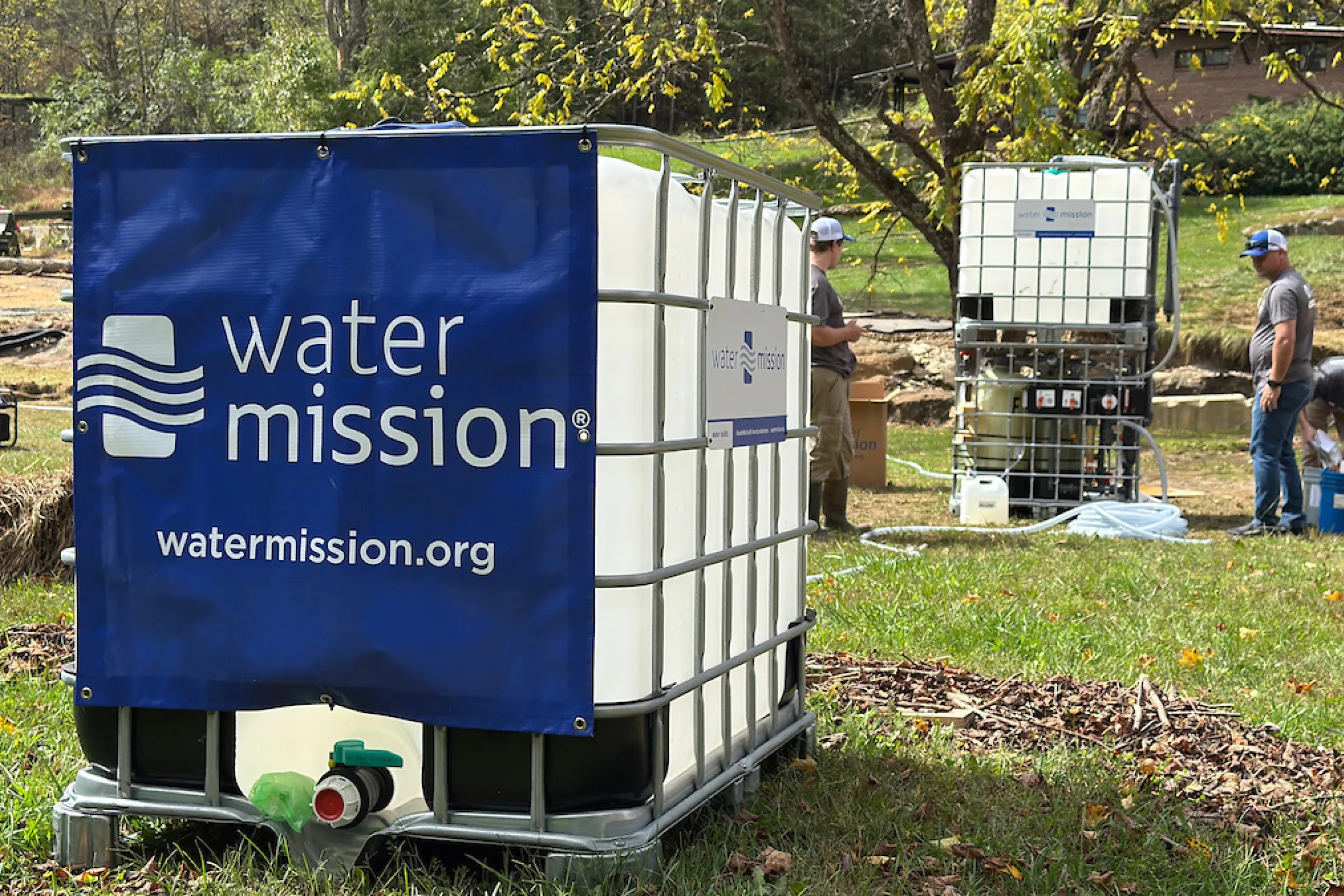
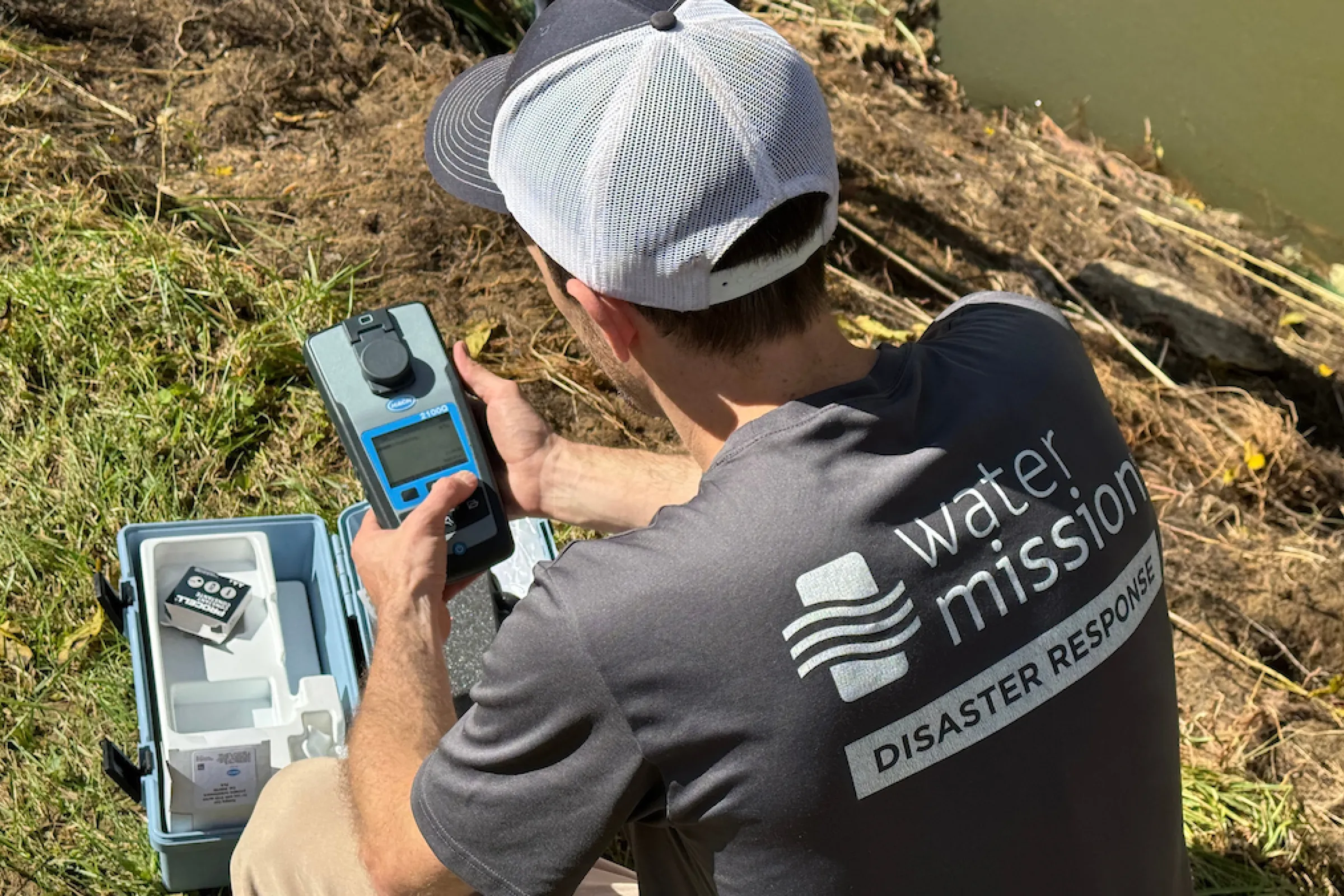
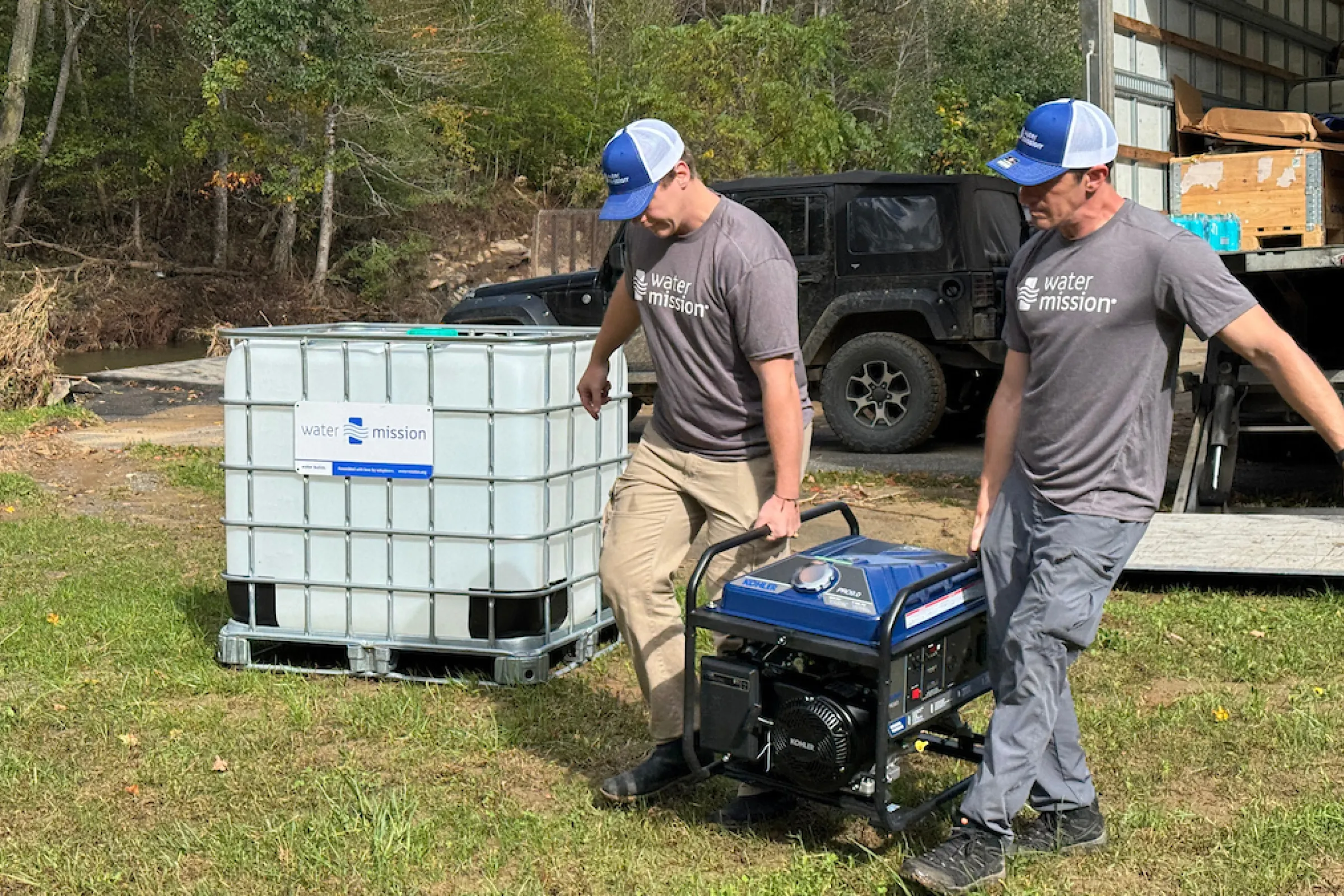
“Water Mission? I got a generator from you!”
Even today, people tell me this when they learn where I serve. They remember Water Mission. The outpouring of generosity from people and organizations who gave to support this response is something I’ll never forget, and neither will they.
Frequent shipments of donated generators arrived at First Presbyterian Church and other distribution spots. Students from Appalachian State University volunteered with Water Mission to assemble, fuel, and prepare the generators for pickup. Whether powering oxygen machines or keeping medication refrigerated, these generators helped meet medical needs and saved lives.
“I have one more question…”
Everybody has a story, and I had the opportunity to listen to and document some of those stories in the aftermath of the hurricane. When my interviews concluded, I would put the camera down and ask one more question: Can I pray for you? There, in the Lord’s presence, we would thank Him for seeing us through the storm and ask for strength in the days ahead.
Responding to a disaster is heavy, and it comes with a barrage of heartbreaking stories of trauma, loss, and pain. But those moments of prayer brought hope, peace, and light in a dark time.
“Will another hurricane strike?”
As kids start a new school semester and hurricane season returns, there is a mix of hopeful optimism for a better year and a silent dread that begs the question: Will it happen again?
There are still signs of the damage, and some roads and bridges are just now beginning to reopen. After a disaster like Hurricane Helene, it takes time to recover, but each day gets a little better.
Water Mission helped thousands of affected families in the early days of recovery. Each need that was met was one less thing for storm survivors to worry about as they began to heal. We had water covered, and with your help, we’ll be ready for the next response.
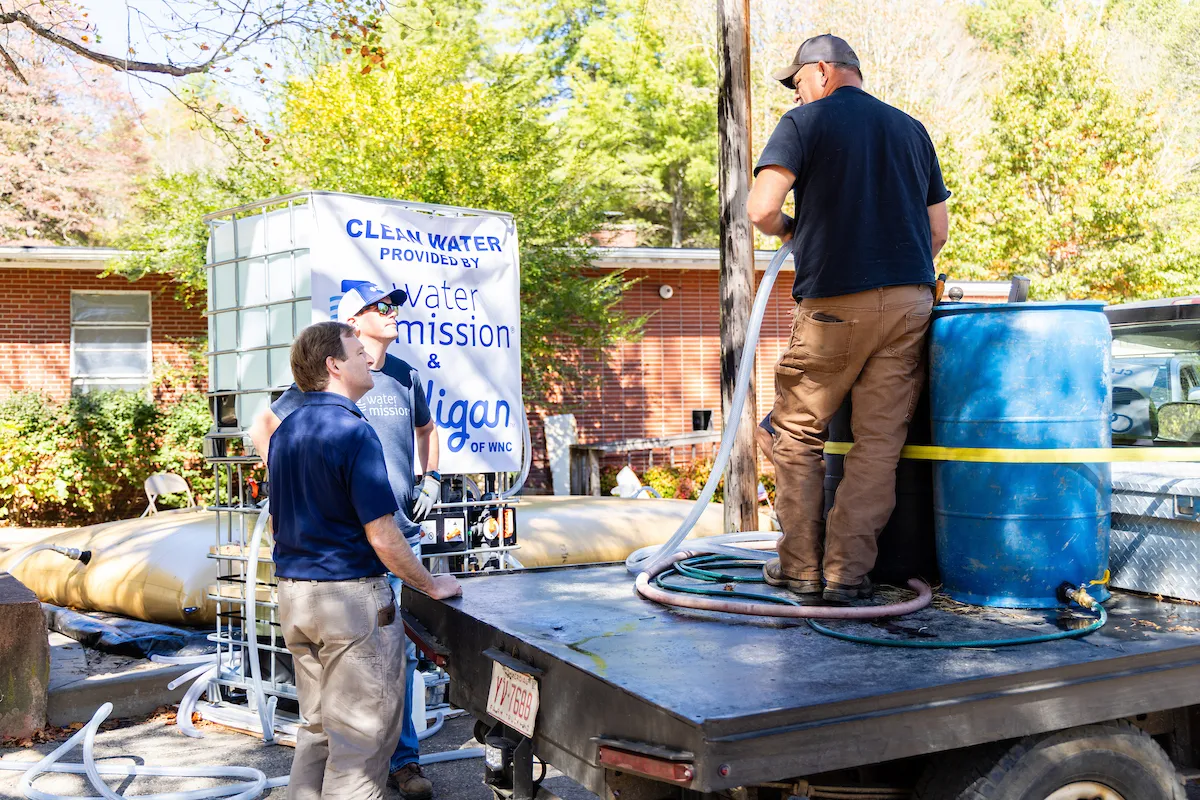
Water Mission installed 19 safe water treatment systems in the wake of Hurricane Helene, bringing safe water to those in desperate need in western North Carolina. (TJ Petrino/Charlotte Photography)
When you give to Water Mission’s general fund, you help bring safe, clean water to some of the world’s most vulnerable populations, including disaster survivors. Your gift today can help position us to respond quickly the next time a disaster like Hurricane Helene strikes.
Related Impact Stories
